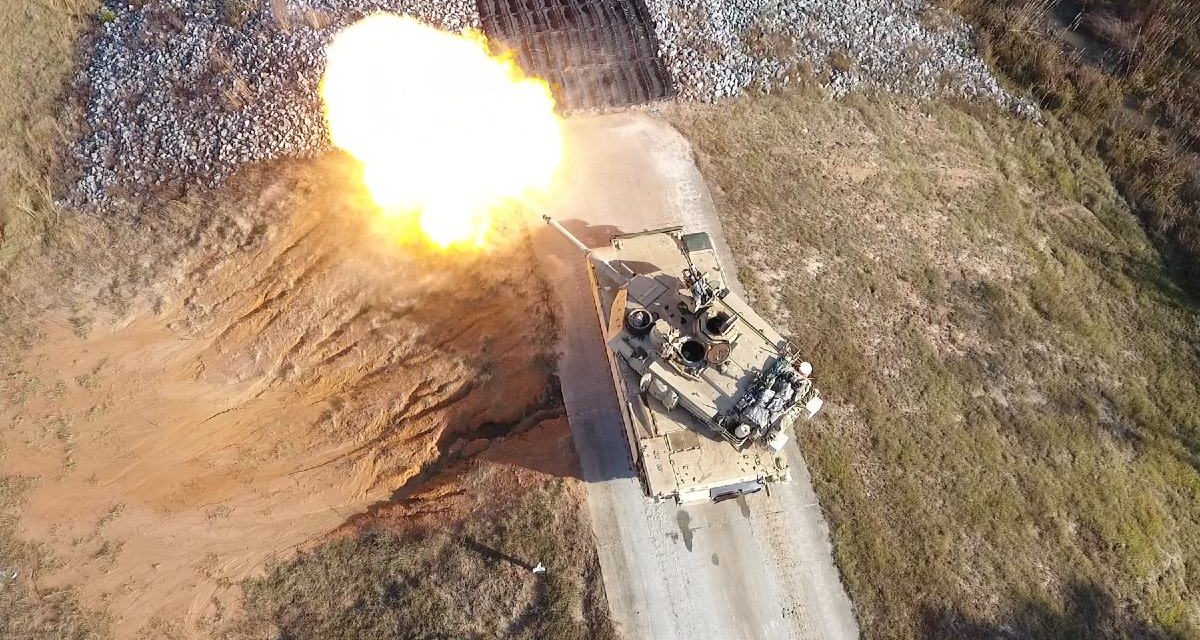Technology is rapidly changing the modern battlefield, making it crucial for armies to adapt how they think, fight, and train. But what should that adaptation look like? How can the US Army, for example, evolve at the tactical level to both meet the challenges and leverage the opportunities brought about by advancing technology? How should Army leaders and other decision-makers approach the hard choices they face—about everything from procurement to force structure to commitments across Europe and Asia? And what will be required to achieve deterrence in an era of rapid change?
Those questions are the focus of Episode 4, Season 2 of the Social Science of War podcast. Dr. Alexandra Chinchilla is joined by three guests to examine how technology is changing the future of land warfare.
Retired General Robert Abrams recently retired from active duty with over thirty-nine years of service. He most recently served as the commander of United Nations Command, US-ROK Combined Forces Command, and United States Forces Korea. Before that, he served as the commander of United States Army Forces Command, responsible for over 229,000 active duty soldiers and providing training and readiness oversight of the US Army National Guard and US Army Reserve. An armored cavalryman, General Abrams has commanded at every level, and led units in combat operations in Saudi Arabia, Kuwait, Iraq, and Afghanistan. He also commanded the Army’s National Training Center at Fort Irwin, California. His joint experience includes serving as a strategic war planner for the chairman of the Joint Chiefs of Staff. General Abrams also served as the senior military assistant to Secretary of Defense Chuck Hagel.
Dr. Jack Watling is a senior research fellow for land warfare at the Royal United Services Institute. Jack works closely with the British military on the development of concepts of operation and assessments of the future operating environment, and conducts operational analysis of contemporary conflicts. He also spends extensive time conducting field research, including in Ukraine since Russia’s full-scale invasion in 2022. He is the author of The Arms of the Future: Technology and Close Combat in the Twenty-First Century.
Major Ryan Van Wie is a US Army infantry officer and a former assistant professor in the Department of Social Sciences at West Point, where he published multiple articles on the war in Ukraine. He served as a company commander in Operation Atlantic Resolve in Europe in 2017 and recently deployed under Operation European Assure, Deter, and Reinforce as the operations officer of 1st Battalion, 8th Cavalry Regiment.
The Social Science of War podcast is produced by the Department of Social Sciences at West Point. Visit our website if you would like to be a student or teach in the department, or if you would like to connect with any of our instructors based on their expertise.
Kyle Atwell created the Social Science of War. Hosts on Season 2 of the podcast are Dr. Nakissa Jahanbani, Dr. Alexandra Chinchilla, Lieutenant Colonel Sean McKnight, and Major Gabriel Royal. Please reach out to the podcast team with any questions about this episode or the Social Science of War podcast in general.
Image credit: Staff Sgt. Antonio Vincent, US Army

